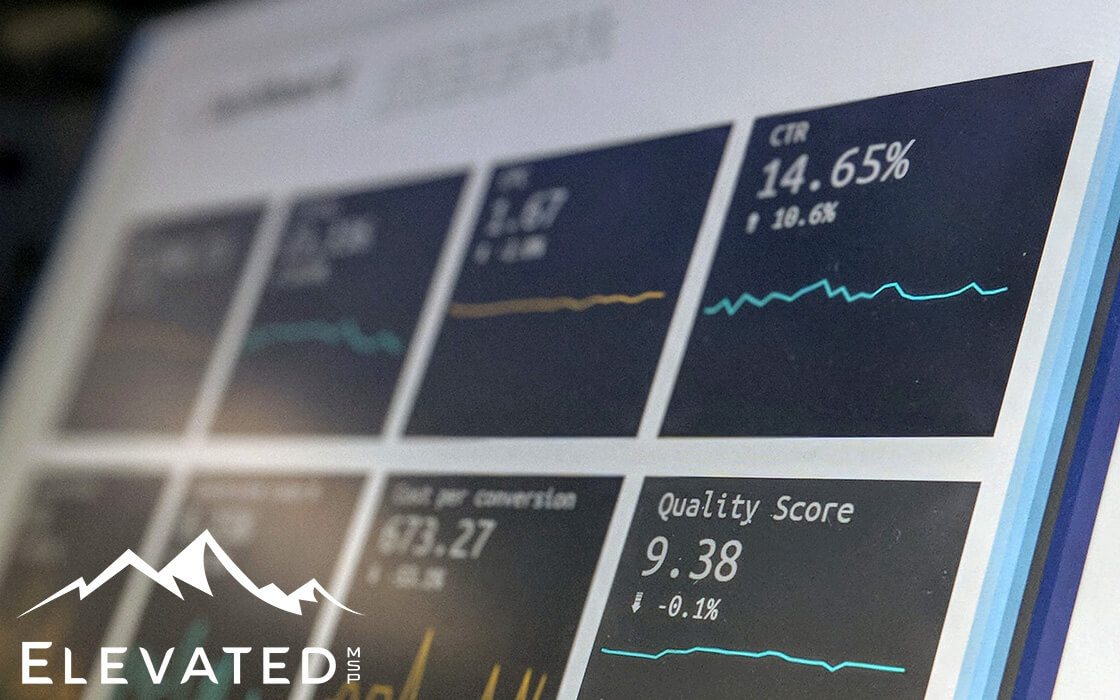When was the last time you conducted a comprehensive technology audit? If it’s been a while or hasn’t happened at all, you’re probably vulnerable to a cyberattack. Cybercrime shows no signs of slowing down and is expected to cost the world $10.5 trillion annually by 2025, according to CyberSecurity Ventures.
Are you confident that your organization is secure with the current remote and hybrid work environments? This is where a technology audit can give you peace of mind. An IT audit thoroughly analyzes and assesses an organization’s IT infrastructure, policies, and procedures.
Importance of A Technology Audit
Here are some reasons why a technology audit is essential to organizational resilience and overall success:
- Detects security vulnerabilities
- Ensures that the organization is up to date on security measures
- Establishes the foundation for the organization’s new security policies
- Prepares the organization to respond quickly and effectively in the event of a cyberattack
- Helps maintain compliance with various security regulations
Benefits of A Technology Audit
Comprehensive technology audits have three key benefits:
No Surprises
IT components we use and trust daily may have hidden threats that we can easily overlook. If not addressed early, such threats can quickly escalate into a full-fledged data breach. An IT audit is highly beneficial when it comes to addressing this particular concern.
A properly planned auditing process creates a map of your IT environment that helps you understand how everything connects and which areas expose you to threats. This allows you to focus your remediation efforts where they are most needed.
Consider this: What if one of your top executives secretly sold all your intellectual property ideas to your main competitor? That could sink your company or significantly reduce your profit potential. Unmapped and unaccounted-for technology landscapes can lead to similar outcomes.
To avoid this, regularly monitor, update, patch, and clean up the proverbial dust in your infrastructure. You might soon discover that someone intentionally or unintentionally downloaded a piece of malicious code that’s spreading like wildfire across your network, waiting for the perfect moment to demand a ransom or continue spying and stealing your best ideas.
Data-Driven Decision Making
A properly conducted audit will provide valuable data to use to make core business decisions. Its value extends to security budgeting as well. A data-driven approach to developing cybersecurity strategies can assist you in making more informed budget decisions. You’ll have a better idea of where to spend your money.
An audit can also help you prioritize your goals based on what’s most pressing, exposing vulnerabilities or what’s causing productivity loss.
A Vision for the Future
An audit can lay the groundwork for a SWOT analysis. A SWOT analysis is a technique for evaluating your business’s Strengths, Weaknesses, Opportunities, and Threats. It’s a powerful tool that can assist you in determining what your company excels at right now and formulating an effective strategy for the future.
Armed with a thorough understanding of your technology’s strengths, weaknesses, opportunities, and threats, you can begin planning years in advance and share the vision with team members to keep them motivated.


